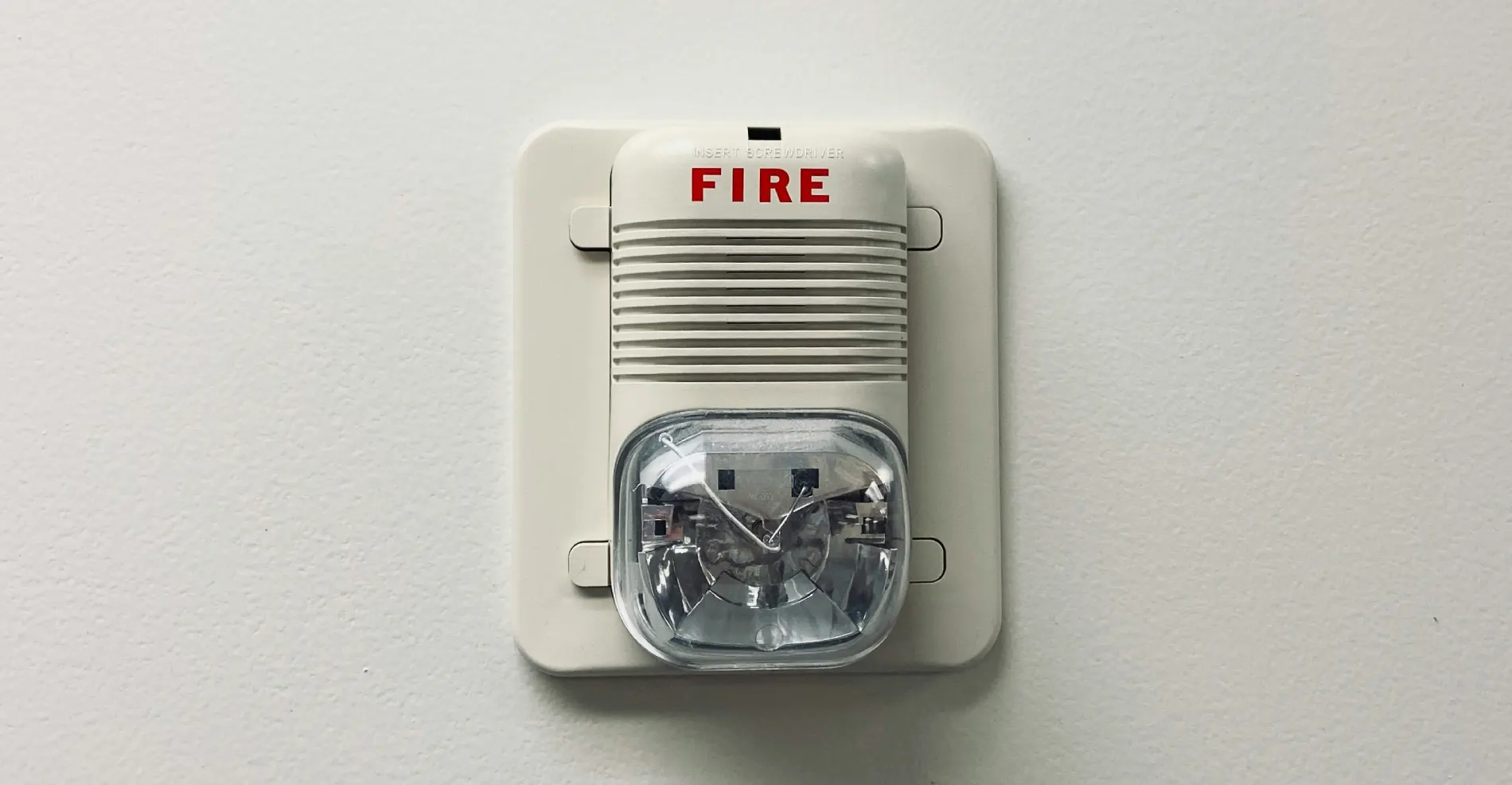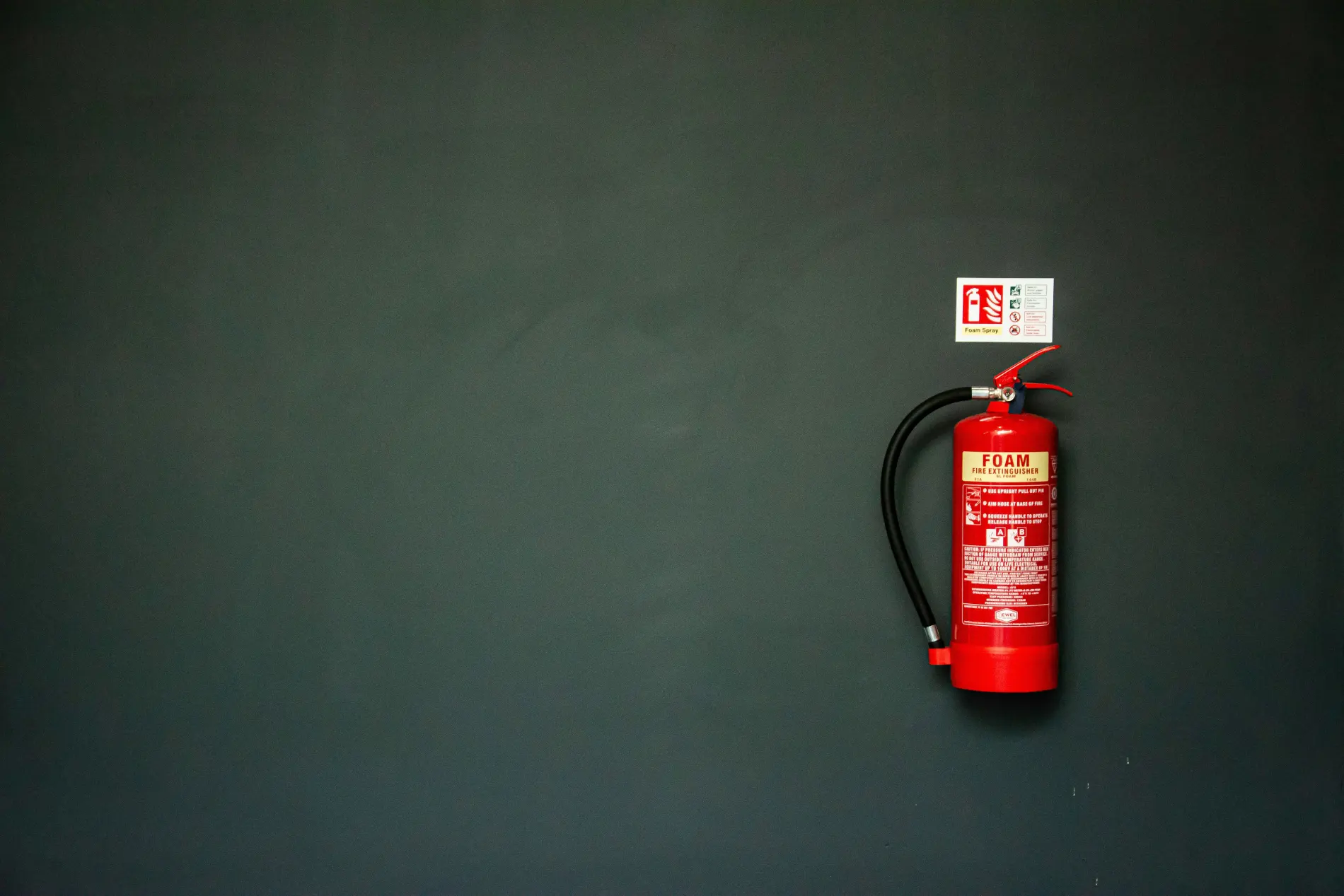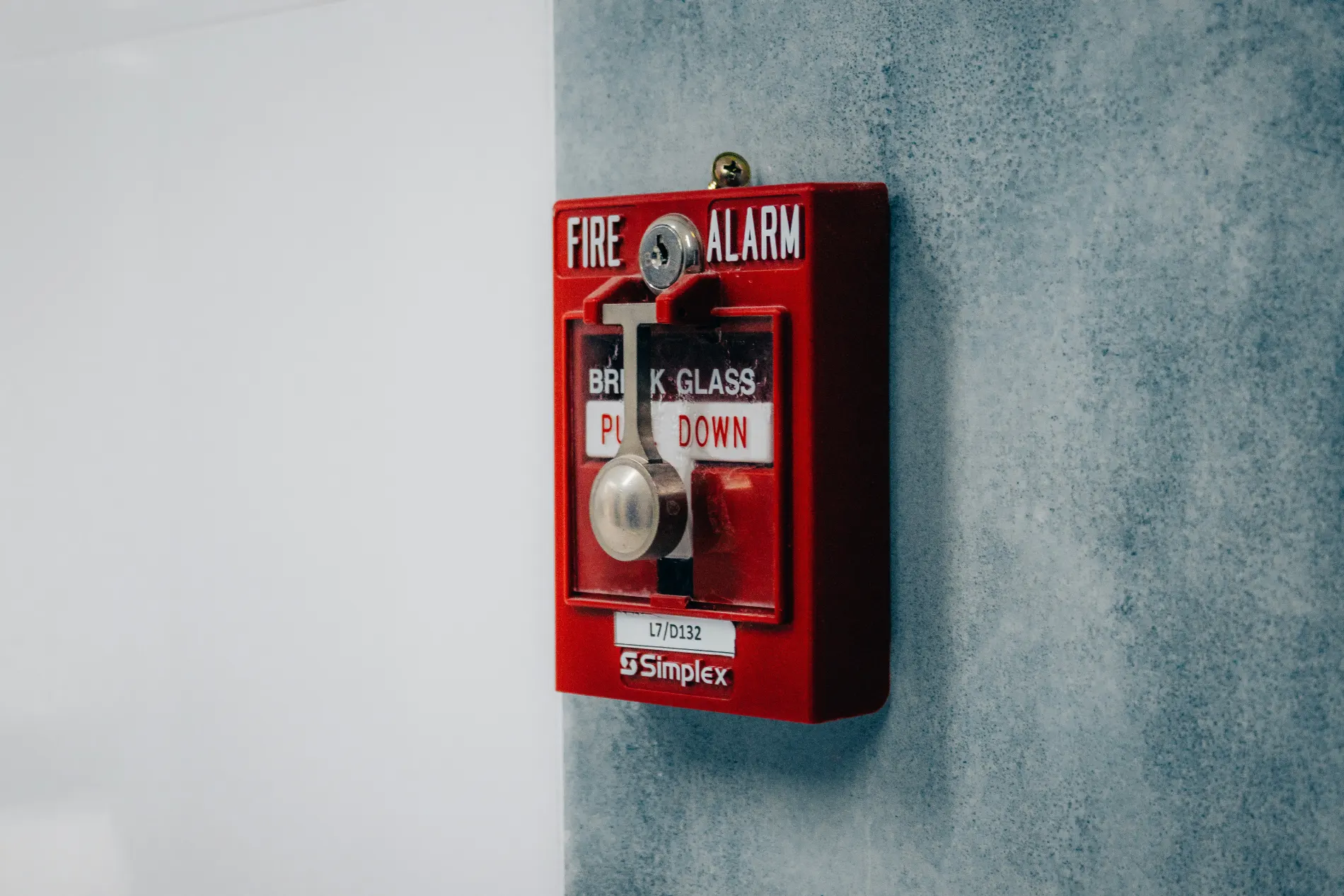What to Look for in a Competent Fire Risk Assessor

Fire safety is a responsibility we all share, especially those who manage or own workplaces. It’s a topic that demands our careful attention, not just to comply with regulations, but because it genuinely protects lives and livelihoods.
While many elements contribute to a robust fire safety strategy, one of the most foundational steps is undertaking a thorough fire risk assessment. But who should perform this vital task? The law requires a "competent person" to carry it out, and finding the right professional is essential. Let's explore what truly defines competence in a fire risk assessor and how you can make a confident choice.
The Importance of the Fire Risk Assessment
Before we delve into what makes a competent assessor, it’s worth taking a moment to appreciate the sheer importance of the fire risk assessment itself. This isn't just a tick-box exercise; it's a systematic and considered review of your premises and the activities carried out there.
Its purpose is twofold: first, to identify potential fire hazards, things that could start a fire or help it spread and inspect the fire safety you already have in place.
Second, it identifies the people who might be at risk in the event of a fire, considering everyone from employees and visitors to those with specific needs.
Once these hazards and risks are identified, the assessment then outlines the measures needed to minimise or remove those risks. This might involve recommendations for improving fire detection systems, ensuring escape routes are clear, or suggesting better storage practices for flammable materials. Think of it as a detailed health check for your building's fire safety, highlighting areas that need attention and providing a clear path to improvement. It's the blueprint for all your subsequent fire safety actions.
Without a comprehensive and accurate fire risk assessment, all other fire safety measures are built on shaky ground. You simply won't know where your vulnerabilities lie or where to direct your efforts most effectively.
A well-conducted assessment helps you prioritise actions, allocate resources wisely, and ultimately create a much safer environment for everyone who enters your premises. It truly is the foundational piece of the fire safety puzzle.
Defining Competence in a Fire Risk Assessor
So, what exactly does it mean for a fire risk assessor to be "competent"? It's more than just having a friendly demeanour or a general understanding of fire.
The Regulatory Reform (Fire Safety) Order 2005 places a clear emphasis on competence, and rightly so. A competent person is someone with sufficient training, experience, knowledge, and other qualities to carry out the fire risk assessment properly. Let’s break down these key attributes.
They should possess recognised qualifications or accreditations in fire safety. This isn't about collecting certificates; it's about demonstrating that they've undergone formal learning in fire science, fire behaviour, relevant legislation, and risk assessment methodologies. Look for qualifications from reputable bodies or institutions. This shows a dedication to the field and a solid understanding of the theoretical underpinnings of fire safety.
At Magni Fire, we are members of the Fire Industry Association (FIA), which is a recognised authority in fire protection, as well as the Achilles accreditation, showing compliance with rigorous safety and operational standards.
BSI Kitemark for Fire Alarm Systems highlights adherence to British safety standards, while the BAFE (British Approvals for Fire Equipment) registration confirms competency in fire safety systems. Additionally, the SafeContractor approval reflects a commitment to health and safety management, and the SOCOTEC UKAS certification ensures quality assurance under internationally recognised standards. With us - you are in very safe hands.
While qualifications provide the knowledge base, practical experience hones an assessor's ability to apply that knowledge in real-world scenarios. An experienced assessor will have encountered a wide variety of building types, occupancy levels, and fire hazards. They'll have a keen eye for subtle issues that might be overlooked by someone less experienced and a deeper understanding of how different factors interact to create risk. They've seen what works and, perhaps more importantly, what doesn't.
Knowledge is the third pillar. This extends beyond general fire safety principles to a detailed understanding of current fire safety legislation, British Standards, and relevant guidance documents specific to your type of premises. They should be up-to-date with any changes in the law or best practice. Fire safety is a continually evolving field, and an assessor who isn't current might provide advice that is no longer valid. This knowledge also encompasses an understanding of building construction and how different materials react to fire.
Finally, "other qualities" might seem vague, but they are incredibly important. These include an analytical mind that can systematically identify hazards and evaluate risks, strong communication skills to explain findings clearly and concisely, and the ability to provide practical and proportionate recommendations. A good assessor doesn't just list problems; they offer workable solutions that are appropriate for your specific circumstances. They should be professional, thorough, and dedicated to delivering a high standard of work.
Asking the Right Questions
When you're considering a fire risk assessor, asking some pertinent questions can help you gauge their competence and suitability for your needs. Think of it as a mini-interview to ensure you're making an informed decision.
Start by inquiring about their qualifications and professional memberships. Are they members of recognised industry bodies or registers, such as the Fire Risk Assessment Competency Council (FRACC) or the Institute of Fire Engineers (IFE)? Membership of such bodies often indicates a commitment to professional development and adherence to ethical codes of conduct. Don't hesitate to ask to see proof of their qualifications and memberships.
Then, discuss their experience, particularly with buildings similar to yours. Have they conducted assessments in offices, retail spaces, or manufacturing plants, if that's what you operate?
Understanding their relevant experience can give you confidence that they grasp the specific challenges and nuances of your type of premises. A domestic fire safety assessor, for instance, might not be suitable for a large industrial site, and vice versa.
Ask about their approach to the assessment. Will they conduct a thorough on-site inspection? What methodology do they follow? How will they present their findings? A competent assessor will usually provide a detailed written report outlining hazards, risks, existing control measures, and clear recommendations for improvement, prioritised by urgency. They should be able to explain their process clearly and transparently.
Consider also their references or testimonials. Has the assessor worked for other clients who can vouch for their professionalism and the quality of their work? Hearing from previous clients can provide valuable insights into their reliability and the effectiveness of their assessments. For robust fire safety services, including professional fire risk assessments, you might explore the offerings at Magni Fire, which work to ensure businesses meet their compliance needs.
What to Look for in the Assessment Report Itself
The fire risk assessment report is the tangible output of the assessor's work, and its quality is a direct reflection of their competence. A well-produced report is not just a document; it's a practical tool that guides your fire safety actions.
A good report should be clear, concise, and easy to understand. It should avoid overly technical jargon where possible, or explain it clearly if necessary. Remember, this report is for your use, and you need to be able to follow its recommendations. Look for a logical structure, perhaps with an executive summary, followed by detailed findings and recommendations.
The report should be specific to your premises. Generic templates that could apply to any building are a red flag. A competent assessor will tailor the report to reflect the unique characteristics of your workplace, identifying specific hazards and risks relevant to your operations, layout, and occupancy. It should feel like it was written for your building.
It should also be comprehensive, covering all the required elements of a fire risk assessment as outlined in the legislation. This includes:
- Identification of fire hazards.
- Identification of persons at risk.
- Evaluation of the risks.
- Consideration of existing fire safety measures.
- Recommendations for further control measures, clearly prioritised.
- An action plan or clear pathway for addressing the recommendations.
- A review date, indicating when the assessment should be updated.
Finally, the recommendations should be proportionate and practical. A competent assessor will suggest measures that effectively reduce risk without being overly burdensome or unnecessary. They understand that fire safety needs to be integrated seamlessly into your operations, not disrupt them. They will provide actionable advice that you can realistically implement.
Get in Touch
Ultimately, investing in a truly competent fire risk assessor is an investment in the safety of your people and the security of your business. It provides peace of mind, knowing that a thorough, expert eye has evaluated your premises and provided a clear path to effective fire safety. Take your time, ask the right questions, and choose someone who genuinely demonstrates the knowledge, experience, and dedication needed for this vital task. Your careful choice helps keep everyone safe. If you would like to chat to us about fire risk assessments, get in touch.




